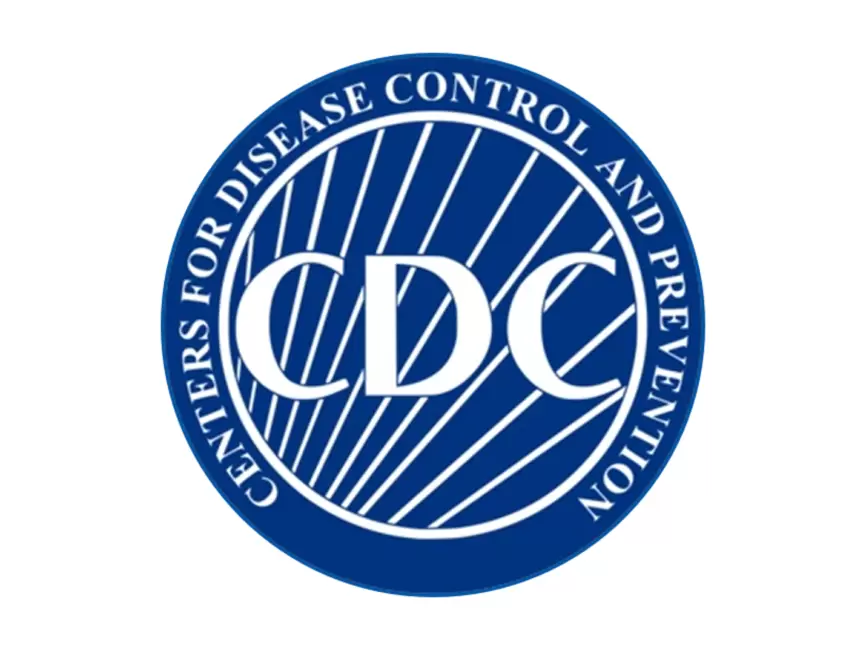
The rising number of autism diagnoses in the US is primarily due to improved screening, increased public awareness, and a broadened diagnostic criteria rather than an actual increase in the prevalence of the condition itself. Regarding a link between Tylenol and autism, multiple observational studies have shown an association between frequent or prolonged use of acetaminophen (the active ingredient in Tylenol) during pregnancy and an increased risk of autism spectrum disorder (ASD). However, these studies do not prove that Tylenol causes autism; other factors, such as the underlying reasons for taking the medication (e.g., fever, stress, or pain), could also play a role.

Diagnosis and Prevention of Autism
For years, the Centers for Disease Control and Prevention (CDC) has tracked the rate of autism diagnoses in the US. While the numbers have been steadily rising, this trend doesn’t necessarily indicate an “autism epidemic.” Instead, experts point to several key factors that have made it more likely for people to receive a diagnosis:
* Expanded Diagnostic Criteria: The definition of Autism Spectrum Disorder (ASD) has evolved over time. Conditions like Asperger’s Syndrome and Pervasive Developmental Disorder, which were once separate diagnoses, are now included under the broader ASD umbrella. This has naturally increased the number of people who meet the criteria for a diagnosis.
* Improved Screening and Early Intervention: Pediatricians are now more vigilant about screening for developmental milestones during routine check-ups. Public health campaigns and greater awareness have also empowered parents and caregivers to recognize potential signs of autism and seek help earlier, leading to more timely diagnoses.
* Increased Awareness and Acceptance: The stigma surrounding autism is slowly decreasing. As communities become more accepting and understanding of neurodiversity, more people feel comfortable seeking a diagnosis and the support services that come with it. This is particularly evident in the increase in diagnoses among adults and historically underserved communities.

The Tylenol-Autism Connection
The claim that Tylenol causes autism has gained traction, but the scientific community is still debating the connection. Here’s what you need to know:
* Association vs. Causation: Some observational studies have found a statistical association between prenatal Tylenol use and an increased risk of ASD. This means that a link has been observed, but it doesn’t prove that Tylenol directly causes the condition. The underlying illness or a genetic predisposition could be the true cause.
* No Definitive Proof: No study has yet proven that acetaminophen causes autism. While some research suggests that Tylenol may deplete certain antioxidants in the body, which could theoretically affect brain development, this theory is not yet supported by conclusive evidence.
* Balancing Risks: The risks of untreated fevers or severe pain during pregnancy, such as preterm birth or low birth weight, can be greater than the potential risks associated with taking a widely recommended medication. It’s crucial for pregnant individuals to consult with their doctor before taking any medication and to weigh the risks and benefits.
Protecting Pregnant Women and Children 🤰👶
While there’s no guaranteed way to prevent autism, pregnant women and parents can take steps to promote a child’s healthy neurodevelopment.
* Prioritize Prenatal Health: This includes maintaining a balanced, nutritious diet rich in folic acid, which is vital for brain development and has been linked to a reduced risk of autism. Regular prenatal care and screening for conditions like gestational diabetes and infections are also crucial.
* Avoid Harmful Exposures: Pregnant individuals should avoid smoking, alcohol, and recreational drugs. Limiting exposure to environmental toxins, like air pollution and certain chemicals, is also recommended.
* Manage Chronic Conditions: Conditions like diabetes or epilepsy can increase the risk of certain developmental issues, so it’s important to manage them effectively with a healthcare provider.
* Seek Medical Guidance: Always consult a doctor before taking any medication or supplement during pregnancy. Your doctor can help you make informed decisions based on your individual health needs.
* Early Intervention is Key: For children, the most effective tool is early intervention. If a parent or caregiver notices any developmental delays or signs of autism, documenting the behaviors and discussing them with a pediatrician as soon as possible is the best course of action. Services and therapies initiated in early childhood can significantly improve a child’s development and quality of life.
MUST READS
NYC’s Toughest Challenges: A Deep Dive into the City’s Biggest Issues 🏙️ – News Talk Newyork
Brooklyn’s Scott Baio Interviewed By Billy Hufsey About His Career – News Talk Newyork

Viorica Bruni Editor Athletica Sports Web Publication
Content Creator Collective Audience Media





